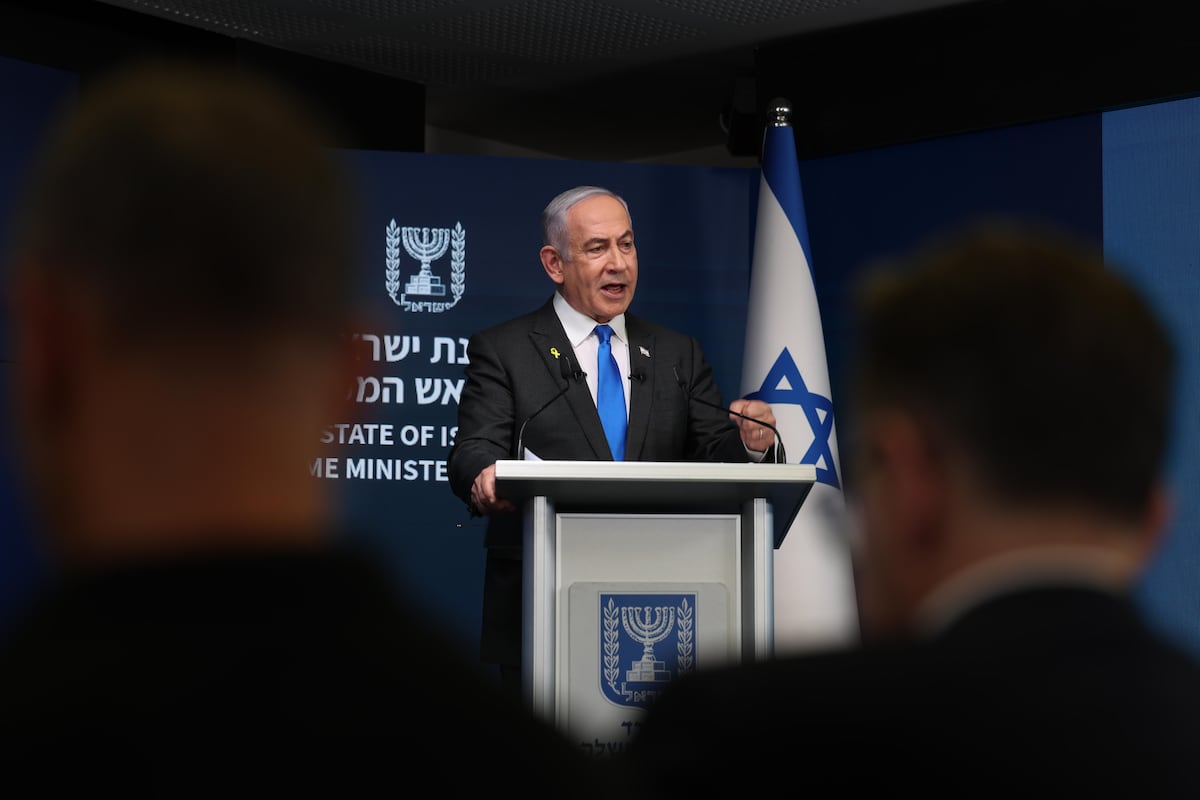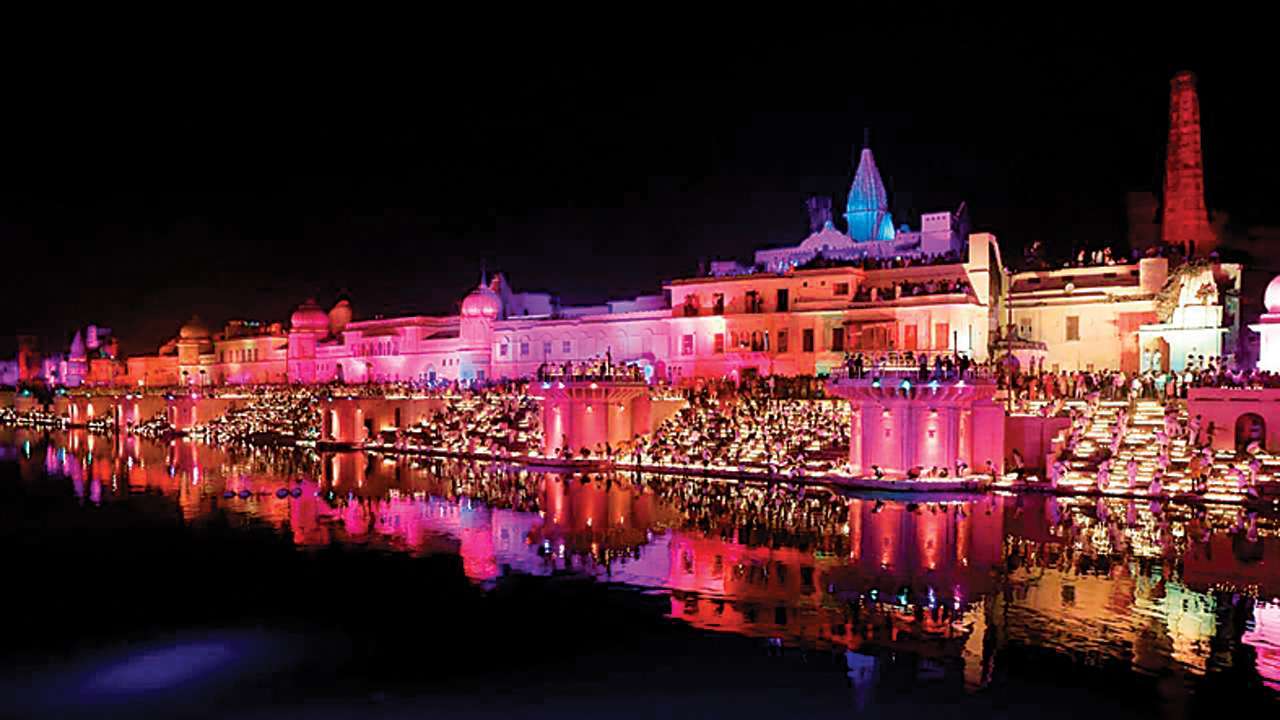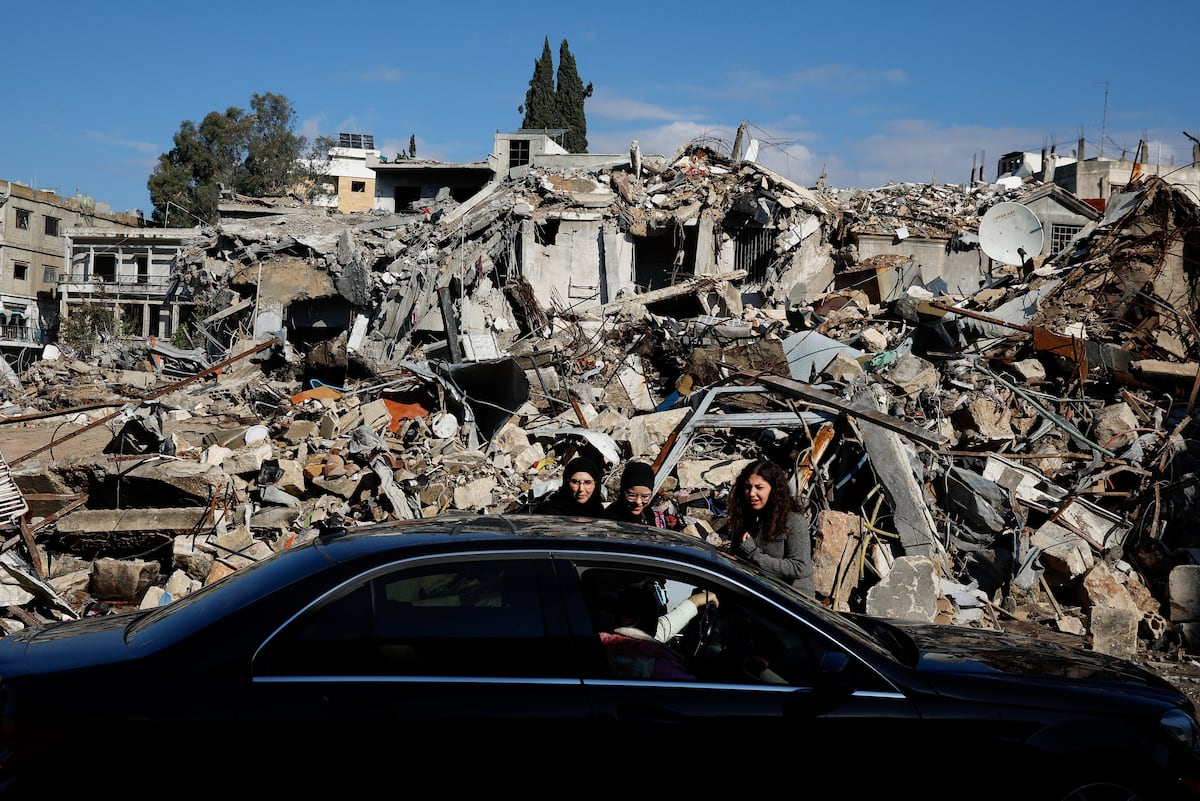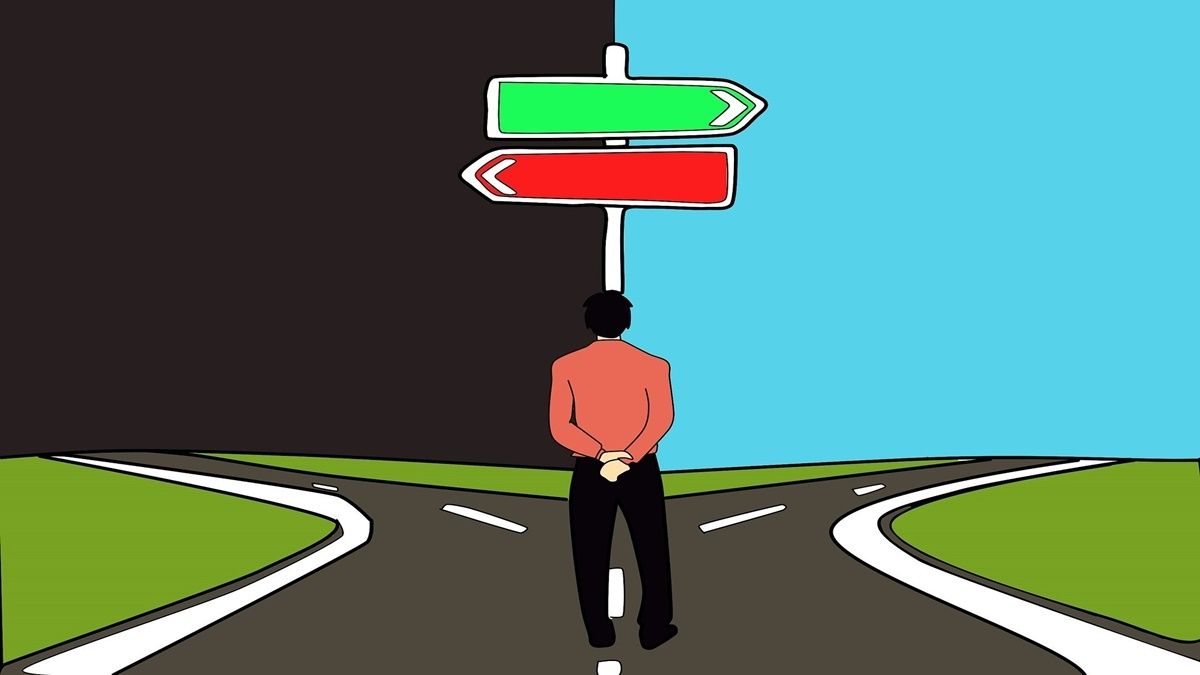The Prime Minister of Israel, Benjamin Netanyahu, held a private meeting in his office in 2022 with Steve Linde, the director of the Israeli newspaper The Jerusalem Post.DoyesWeeks later, at a conference in Tel Aviv, Linde stated that the president spoke to him about who he believed were “Israel’s greatest enemies.” He did not mention Hamas or Iran, but rather two newspapers: the American The New York Times and the Israeli Haaretz.NetanyahuHe later denied those statements, but, for years, he has not hidden his dislike for the critical media in his country, especially for Haaretz.Last Sunday, the Israeli Government approved a total boycott against that newspaper, which implies the end of institutional advertising on its pages, the cancellation of official subscriptions and the closing of all communication with its journalists.; that is, the possibility of economic asphyxiation and the silence of official sources.
The attack on this newspaper is serious, as it compromises its future viability, but “it is not an isolated case,” says Anat Saragusti, the head of press freedom at the Israeli Journalists Union, but rather part of a “master plan” to end with independent media in Israel. Especially those who, like Haaretz,They criticize the war in Gaza, Lebanon and the occupation of the Palestinian territories. This plan has also resulted in the banning of the Qatari network Al Jazeera from broadcasting, whose offices in Jerusalem were closed in May while its office in the West Bank was attacked in September, attempts to privatize public media in Israel and a battery of proposals that they are even going to close news sites on the Internet, “like in Russia and China,” denounces Saragusti.
In the case of Haaretz, The “pretext” for that boycott, the union leader emphasizes, was a speech in London by the newspaper’s main shareholder, Amos Schocken. In the context of the Israeli offensive in Gaza, the editor alluded to a “second Nakba”—the flight or expulsion from their land of 750,000 Palestinians just before and after the creation of Israel in 1948—and to the “cruel apartheid”Israeli against that native population. Then he went further: he referred to “Palestinian freedom fighters whom Israel calls terrorists.”
Schocken later assured in a statement that he was not referring to Hamas and Haaretz disavowed its majority shareholder in an editorial. This did not prevent the Government, considered the most right-wing in the history of Israel, from unanimously approving this boycott. In fact, in March 2023, Communications Minister Shlomo Karhi had presented a plan in Parliament to modify the country’s media ecosystem, while accusing Haaretz of spreading “anti-Israel propaganda.” On November 23 of that year, after the Hamas attacks of October 7 — in which some 1,200 people died and 250 were kidnapped — Karhi presented “a resolution very similar” to the one approved on Sunday, the journalist stressed by telephone. Israeli Oren Persico.
“The project was blocked [por el Ministerio de Justicia, que dudaba de su legalidad]. So they were waiting for an excuse to reactivate it,” agrees this analyst, who monitors the media in his country in the independent investigative magazine The Seventh Eye.
For Haaretzthe Government’s decision has been “opportunistic”, reads a statement sent to Morning Express by Aluf Benn, its director, and constitutes “another step on Netanyahu’s path to dismantling Israeli democracy.” The note compares the prime minister “with his friends Putin, Erdogan and Orbán” when “trying to silence a critical and independent newspaper.”
The “Al Jazeera” law
What organizations such as Reporters Without Borders (RSF) consider an offensive against critical media does not date from the beginning of the Gaza war, but has been driven by it and the warmongering climate that has prevailed since then in society and in the media. media that, for the most part, do not show corpses or hunger in the Strip. On November 6, RSF criticized how “for several weeks, the media legislative reform agenda, promoted by the Minister of Communication, has accelerated in a context marked by the bloody war in Gaza and Lebanon.”
On November 20, Parliament approved the toughening of the so-called Al Jazeera law, which allowed the prohibition of that Qatari channel to broadcast in Israel to be extended, especially for its coverage of what the International Court of Justice is investigating as a possible genocide in Israel. in Gaza. This norm grants the security services the power to close any media that “endangers the security of the State of Israel”, an “ambiguous condition that can justify “the closure of any” newspaper, radio or television, criticizes Saragusti.
Meanwhile, Netanyahu’s Government approves state aid to related media, especially to a private television channel on which the prime minister and his supporters lavish: Channel 14, which has embraced incitement to the genocide of the Palestinians. This television is a battering ram of what Oren Persico calls the “poison machine”: Netanyahu’s propaganda apparatus.
On Sunday, when the boycott of Haaretz,Minister Karhi, a personal friend of the prime minister, also presented a bill to privatize the state channel Kan and public radio, which was preliminarily approved in Parliament this Wednesday. This project includes the closure of these media if they do not find a buyer in two years.
The legislative offensive joins an “orchestrated campaign of defamation, threats and hate speech against the media and independent journalists,” adds Saragusti. The Israeli Journalists Union has noted an increase “in physical attacks against journalists”, attacked by “mobs” when they were covering news such as the demonstrations to demand a ceasefire in Gaza and an agreement to release the hostages.
“In Gaza, the occupied West Bank and Lebanon,” the situation is even worse. There “journalists continue to be targets of the Israeli Army,” according to the RSF statement. The organization raises the number of journalists killed in the Strip to 145 since October 7, 2023. Previously, in May 2022, Israeli soldiers killed the Palestinian journalist Shirin Abu Akleh in Jenin (West Bank).
Loop
Haaretz It is a minority newspaper. Only 5% of Israeli Jews—mostly middle- or upper-class Ashkenazi—read it. Even so, it is the reference newspaper for foreign journalists and “many political leaders,” says Persico. The newspaper has extensively covered the protests over Israel’s controversial judicial reform, the corruption cases against Netanyahu and now the arrest warrant from the International Criminal Court. It also denounces the violation of Palestinian human rights and defends the two-state solution. To this is now added another grievance in the eyes of the Israeli Administration: its coverage of Gaza.
Haaretz refers in its headlines to “Israeli bombings” in Gaza when many international media omit to mention Israel in their titles. It publishes “many human stories” from Gazans, highlights Persico, and “tries to translate the figures”—more than 44,000 dead—“so that the horrible situation of the population in Gaza can be understood, something unheard of in the Israeli media.” Its pages have hosted forums with titles such as “Genocide or not, Israel is perpetrating war crimes in Gaza.”
“The editorial line of HaaretzIt has generally been a progressive Zionist,” emphasizes Middle East expert historian Jorge Ramos Tolosa. This moderate and secular Zionism aspires to a difficult—for some, impossible—balance between a state with a Jewish majority in historic Palestine and democracy. That newspaper has given rise to voices “very critical of Zionism and even non-Zionists,” such as Gideon Levy or Amira Hass, the historian highlights. Although “since October 7, 2023, that line has hardened and closed ranks in the Zionist consensus,” the newspaper has published “some of the bravest articles” published about Israel and Gaza, he believes.
The radicality of Haaretzlies, more than in itseditorial line, in its independence. Even with respect to its shareholders. After its editor’s speech in London, one of its journalists published a column in which he defined the statements of the newspaper’s owner as “scandalous.”









